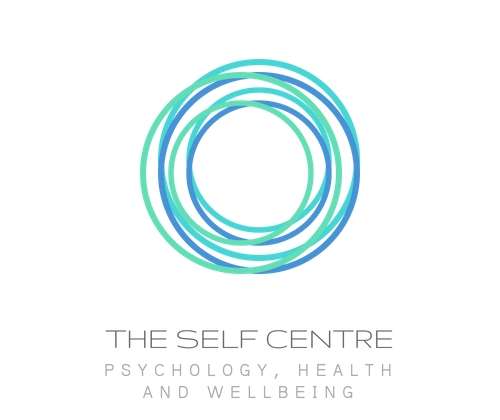
Financial Anxiety
by Lyndsay Babcock
Psychologist & Director – The Self Centre
I avoid the news. That is not to say that I don’t know what’s happening in the world. I do. But I don’t read or watch the news with regularity. I do this purposely to minimise the doom and gloom in my life and support my good mental health. However, as sparingly as I read the news, it’s hard to avoid the topic of interest rate rises and the cost of living increasing. This is currently a reality for us all and one that very understandably is causing some anxiety. The good news is that we can expect interest rates to drop in the future, the tricky news is we don’t know when that will be, and in the meantime many of us are under financial pressure and financial anxiety.
“Financial anxiety” is not a clinical diagnosis, but it is possible for someone to become clinically anxious about their experiences, thoughts and feelings around money and finances. Financial anxiety arises when we have persistent worry about money or finances, so much so that it impacts our everyday life and wellbeing.
“Stress and anxious feelings are a common response when we feel under pressure. These feelings usually pass once the stressful situation has passed….. Anxiety is when anxious feelings don’t go away, may not have a clear cause, and can develop over time.” (Beyond Blue)
What can impact financial anxiety?
· Experiencing a history of deprivation, or financial struggle can impact your current experience with money. Perhaps this is in your family of origin or when you were younger. Having experience with the threats associated with deprivation can impact our anxiety about money now.
· Having low or unsteady income can impact your experience with financial pressure and increase your risk to worry about money.
· Rising debt plays a significant role in our worry about money. When people are in debt they are perpetually feeling as though they are chasing or always behind financially. This experience can increase anxiety and add to a sense of pressure around never having enough.
· Rising expenses, eg. mortgage interest rates and cost of living expenses, impacts our worry about money. When we don’t feel as though we have control over something we tend to worry about it more. Rates rising beyond where we are comfortable with no concrete time line around the rise and fall will impact stress and worry for many people.
As with any anxiety, there are some common symptoms associated with it:
- Sleep difficulty – finding rest difficult, staying up worrying about money or feeling restless because of financial pressure
- Feeling worried or preoccupied with financial concerns most of the time
- Finding it hard to calm down or not think about financial pressure
- Being unable to control your thoughts or worries
- Being easily tired or irritable, or increased family conflict
- Having difficulty concentrating
- Muscle tension
- Increase risk of gambling – While gambling is sometimes used as a quick fix, research conducted in 2016 showed increase in anxiety when people engaged in gabling.
- Hoarding – saving and collecting things ‘just in case’ (for example saving used napkins, every bag you’ve found & food beyond use-by date)
- Substance use – stress can contribute to increased substance use – it can feel like a short term solution but only increases long term stress because it impacts mood and wastes more money!
So, what do you do if you or someone you know is experiencing financial anxiety?
- Exercise – go for a walk, swim, take up a team sport. Exercise not only helps your body but it helps your brain and regulates the hormones associated with anxiety.
- Breathing & meditation – exercise such as ‘The 5 senses’ or listening to guided mindfulness can help to calm your nervous system and re-regulate when you are feeling unease.
- Listen to music & dance – this is a great way to interrupt unhelpful thoughts and reconnect you to fun and laughter.
- Talk to someone -social and professional support is so important when we are struggling. It eliminates the feeling of being alone and can offer you perspective and strategies to help alleviate the distress you may be feeling.
- Get financial advice – there is so much advice out there, reach out to seek support from a reputable financial coach/advisor – a quick google search will offer you lots of options
- Finally, make a budget & stick to it – this one simple task (yes also daunting & boring!) can have a HUGE impact on your anxiety. It can increase your sense of control and help you feel more in charge of where your money is going.
